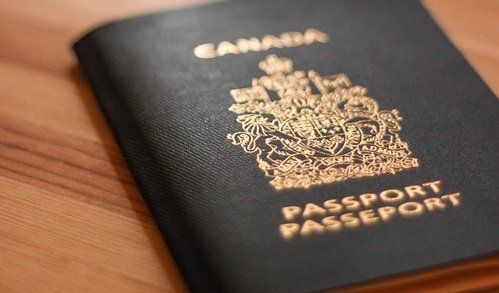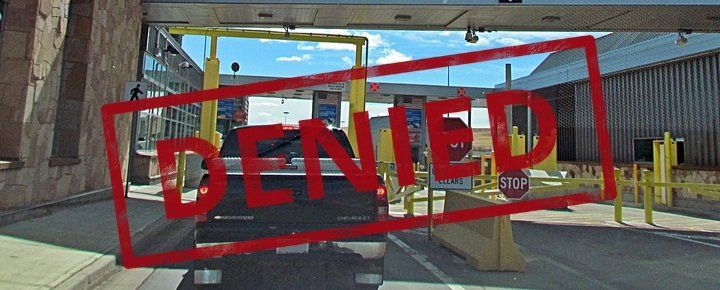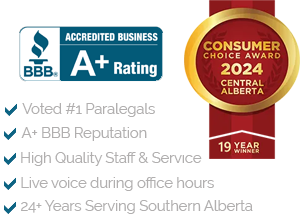Tips When Traveling with an I-192 Waiver of Inadmissibility
Tuck your waiver in your passport for safekeeping when traveling through the United States Congratulations! You successfully applied for and received an I-192 Waiver of Inadmissibility. But now what? Ensure your travel plans go smoothly with these simple tips: BEFORE TRAVEL If you have not already done so AND you are our client, email or fax to us a copy of your Waiver for safekeeping. If you'd like to be our client, please contact us! Insert your ORIGINAL Waiver into your passport. Put an elastic around your passport so that your Waiver does[...]
I-192 Waiver of Inadmissibility Fee Increase
Final Ruling on I-192 Waiver Fee Increase Coutts Border Crossing - Will US I-192 Waiver fee increase affect border applications? The application fee for I-192 Waiver of Inadmissibility is increasing from $585.00 USD to $930.00 USD. This site shows the fee is increasing December 23, 2016. https://www.uscis.gov/forms/our-fees But, does this fee apply to everyone? Keep reading to find out. The Fee Increase will Not Affect Canadians! The good news is that the fee increase will not affect Canadians. However, the fee does affect people who are unable to submit their application at a United States Customs and Border Protection[...]
Top 7 Reasons You May be Denied Entry to the United States
Top 7 Reasons You May be Denied Entry to the United States Grounds for Inadmissibility The ability to travel to the United States is not an automatic right—not even for Canadians! You may be denied entry to the United States for one of the following reasons: Criminal Inadmissibility You have a criminal record that makes you inadmissible to the United States. Convictions such as common assault, mischief, and DUI are normally not of concern. However, Crimes of Moral Turpitude (crimes of dishonesty and crimes of violence where harm was intended) and Drug Offences will almost always make you inadmissible. There[...]
Will I Be Denied Entry to USA if I Admit Drug Use?
Should I Admit Drug Use? Admit Drug Use - Permanent Ban Is it better to admit drug use to the United States Border Patrol? If you admit to drug use at a USA port of entry, you may be denied entry. Why? The United States Customs and Border Patrol (CBP) treat the admission of drug use the same as a conviction. Drug convictions over the age of 18 and indictable drug convictions between the age of 16 and 18 render you inadmissible to the United States on a permanent basis. ***There are exceptions, see below. *** You can[...]
Traveling Outside Canada with a Record
United States Waiver of Inadmissibility In addition to a Record Suspension, you may need to consider other applications such as a US Travel Waiver, Nexus Card or Purge Services. According to the Parole Board of Canada, a Canadian Pardon (now called Record Suspension) is not recognized outside Canada. Specifically, they state: “Many foreign countries, including the United States (U.S.), do not recognize a Canadian Pardon. If you have a criminal record and are interested in going to the U.S., you may want to apply for a United States Waiver (American INS Waiver).” For more information, visit: United States[...]
Traveling with Suspended or Pardoned Criminal Record
Must I Disclose my Suspended Criminal Record? Must I disclose my Pardon or Record Suspension? When it comes to employment applications, the best policy is to tell the truth. However, do not volunteer information if it is not absolutely required. The following is a general guide in navigating employment applications and interviews: A Canadian Record Suspension seals your criminal record. It does not erase the fact that you had a criminal record. If asked, “Have you ever been arrested, charged, convicted, pardoned, or received a Record Suspension”, then the correct and truthful response is “Yes, I was convicted.[...]







